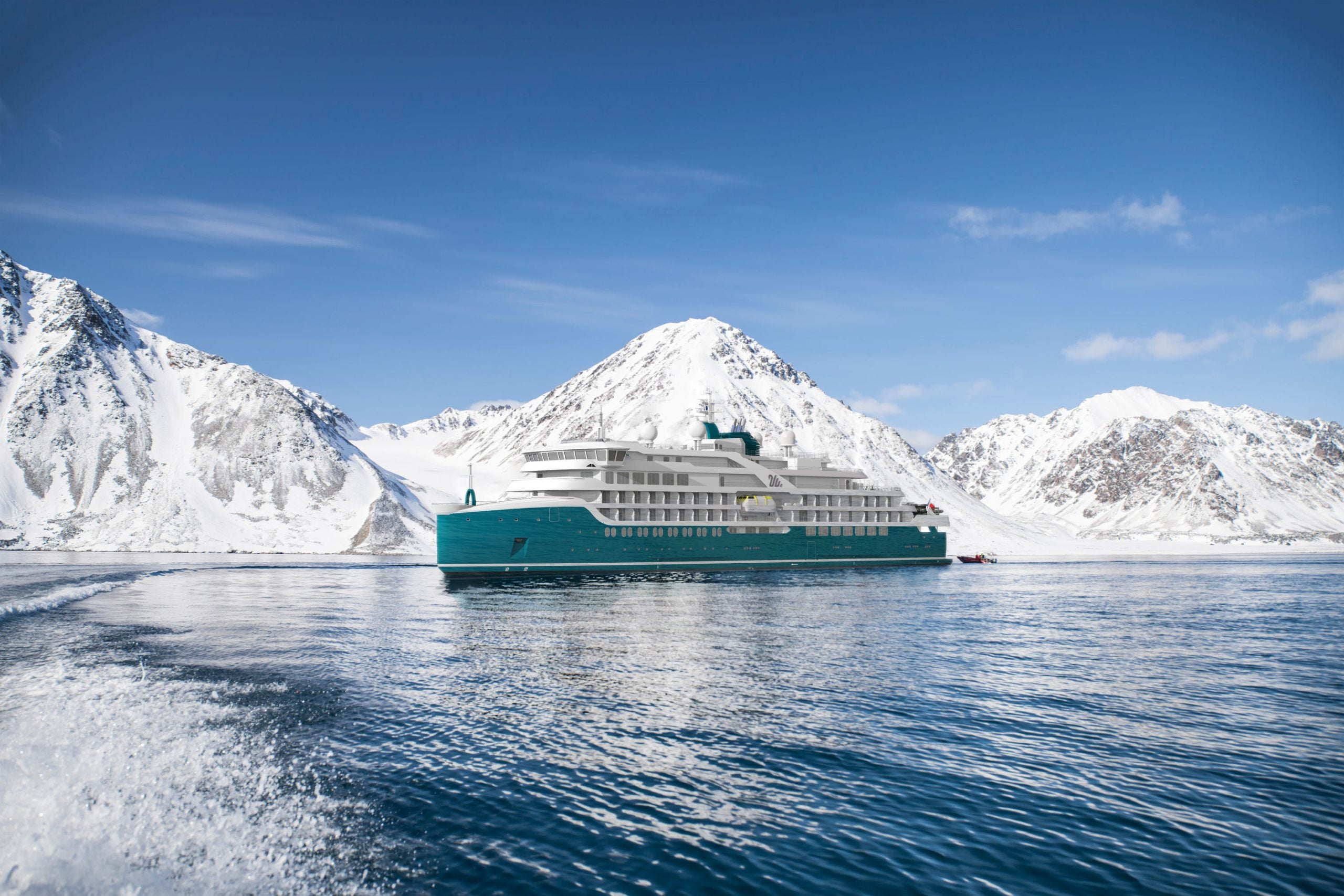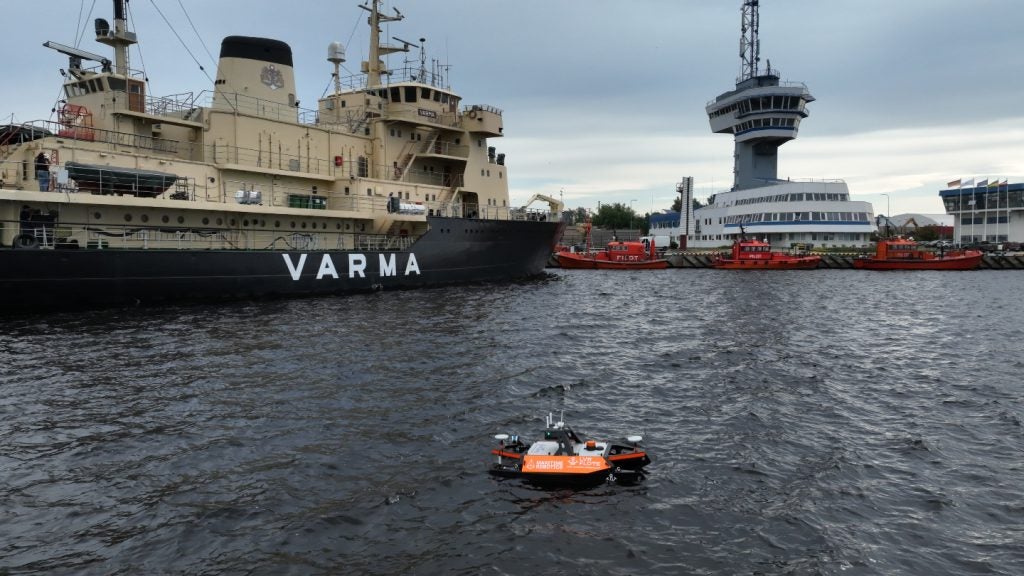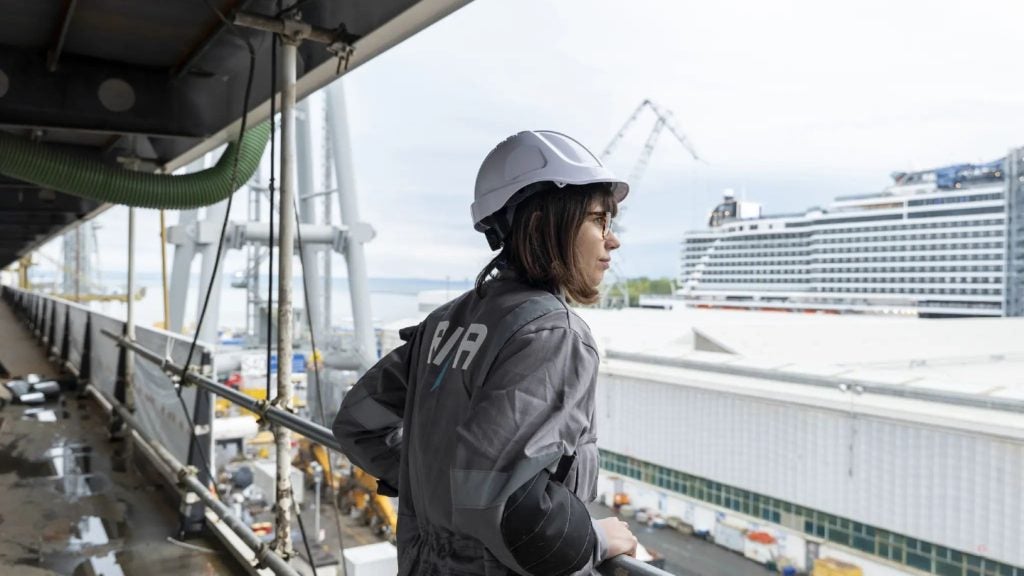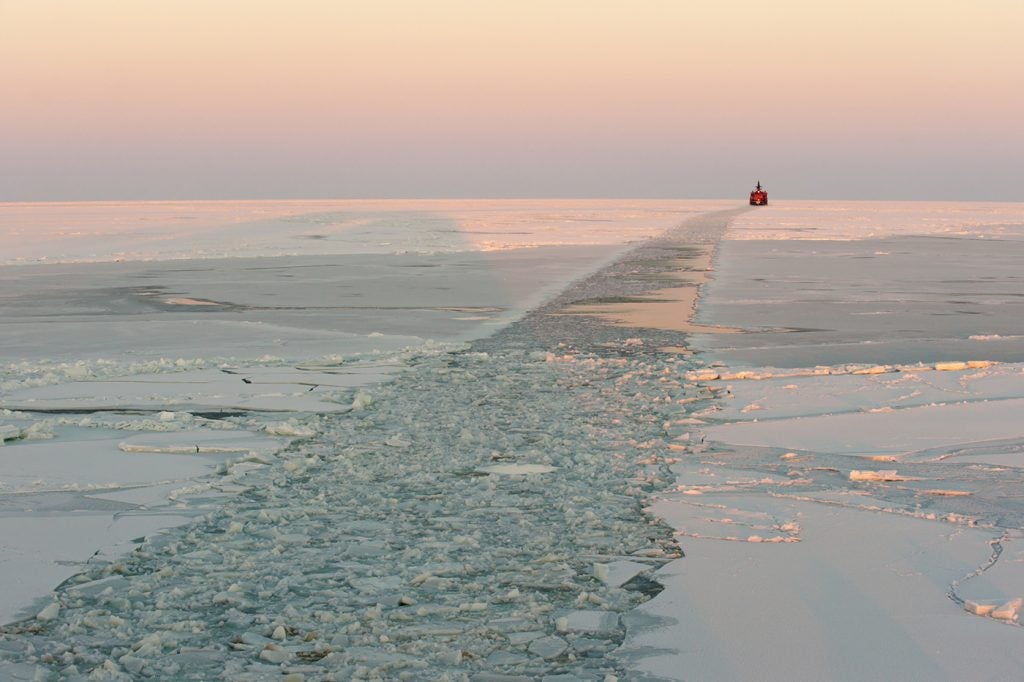
Considering the current state of the world, launching a business nowadays could be considered either borderline crazy or a highly strategic masterstroke. Of course, cruise expedition company Swan Hellenic is hoping its return to the seas will be the latter, although current lockdown measures, reigning economic uncertainty and travel restrictions caused by the Covid-19 pandemic will no doubt make it all more challenging than it already is.
Introduced in July this year, the two-ship, river and ocean cruise liner is bidding to make a triumphant return to the sector 70 years after its creation. A bold statement that speaks volumes about the company’s confidence in the future of cruising, its creators are relying on its history, focus on sustainability, exclusive destinations and social distancing-ready facilities to catch the eye of future passengers.
 Side view of the SH Minerva. Credit: Swan Hellenic.
Side view of the SH Minerva. Credit: Swan Hellenic.
“Plans for this project started way back in 2018 before anyone was aware of the term Covid-19,” explains Swan Hellenic vice president of marketing Mario Bounas. “We had delayed the announcement due to current circumstances but after canvassing opinion from industry colleagues it was felt that it would be welcomed as a positive news story and would add to what we all are hoping for the resurgence of the UK travel industry.”
As it starts counting down to the launch of its first vessel in November 2021, can Swan Hellenic represent the beacon of hope that the sector is currently in dire need for?
From family business to cruise line
Swan Hellenic’s origins date back to the 1950s, when Swan’s Tours – a British travel agent operated by father W.F. Swan and son R.K. Swan – launched a programme of cruise itineraries to the Aegean sea. According to Bounas, the father and son team turned it into a “brand for the thinking person”, which in turn made them the “founders of cultural cruising”.
How well do you really know your competitors?
Access the most comprehensive Company Profiles on the market, powered by GlobalData. Save hours of research. Gain competitive edge.

Thank you!
Your download email will arrive shortly
Not ready to buy yet? Download a free sample
We are confident about the unique quality of our Company Profiles. However, we want you to make the most beneficial decision for your business, so we offer a free sample that you can download by submitting the below form
By GlobalDataBusiness proceeded as usual until 1983 when P&O Cruises acquired Swan Hellenic while leaving K. Swan as president, non-executive director and consultant. Under these new directives, the company shifted from charterer of vessels to an owner of vessels and launched two ships – Minerva I and Minerva II – in 1996 and 2003. Shortly afterwards, both P&O and Swan Hellenic were bought by Carnival Cruise Lines.
However, a lack of investment from the giant left Swan Hellenic on the sidelines, until P&O chairman Lord Sterling purchased it in 2007 and then sold it to holiday firm All Leisure Holidays Group. This lasted for a mere ten years, after which the group ceased trading and sold the unfortunate cruise liner to travel company G Adventures.
 Rendering of dining section on board SH Minerva. Credit: Swan Hellenic.
Rendering of dining section on board SH Minerva. Credit: Swan Hellenic.
Finally, after long years of bouncing off from an owner to another, an undisclosed consortium recently took over it, establishing offices in offices in Dusseldorf, Monaco and London and eventually introducing the brand as a cultural expedition cruise company in July.
How Swan Hellenic is planning its return
Earlier in May, Motley Fool senior analyst Rick Munarriz told Future Cruise that small companies will need to offer differentiated products to stay afloat in a post-pandemic market. “Being small has its limitations, but a cruising giant with large ships is going to be limited in ports of call and the need to fill a larger number of cabins with mainstream offerings,” he said.
Ahead of November 2021, Swan Hellenic is working to apply this concept to the letter, particularly by offering exclusive destinations. “Expedition companies tend to focus on the Polar regions,” explains Bounas, “but Swan Hellenic plans to offer unchartered expeditions to all seven continents and offer our guests a personal cruise experience whilst offering the most innovative itineraries backed up by a world-class onboard lecture programme.”
Exclusive destinations will include trips to the Russian Arctic, New Zealand, Japan and Papua New Guinea and Canada, as well as a combination of ocean-based and river expeditions that he claims have never opened to the public previously.
“Our Arctic discovery cruise is a 19-day adventure, taking in remote Russian and Norwegian ports of call at the top of the world before ending on Siberia’s Yenisei river,” he says. “At this point, it is possible to transfer onto our newest ship on the Yenisei River, the Maxim Gorkiy, where you can discover Siberia over 13 days all the way from Dudinka to Krasnoyarsk.”
 Rendering of the exterior deck on board the SH Minerva. Credit: Swan Hellenic.
Rendering of the exterior deck on board the SH Minerva. Credit: Swan Hellenic.
The first vessel to launch will be the SH Minerva, whose Scandi-designed rooms will host 152 passengers and 120 staff members between crew, lecturers and expedition team. The nine-deck ship has been fitted with a PC5 ice-strengthened hull and extra-large stabilisers that will support its explorations in polar regions. Its (so far) nameless sister ship is scheduled to launch in April 2022 with similar features.
The ships will be committed to keeping high sustainability standards both on board and in the context of their destinations. For instance, operations are set to be run paperless and with reduced plastic use, while guests will be provided with reusable water bottles. In addition, Bounas says that the vessels will have dynamic positioning technology that will allow the ship to remain in place without dropping anchor, as well as battery back-ups for use in port and selective catalytic reduction units.
Troubled seas ahead
From adding ultraviolet filters to the air conditioning systems to designing interiors to support social distancing, launching in the age of Covid-19 will mean, first and foremost, making sure that all facilities are up to speed with the latest health and hygiene measures.
These requirements have made their way into pubs and restaurants, airports and even households but they’ll have a particularly crucial role in supporting the rebirth of the cruise and tourism sectors.
 Rendering of the sauna on board SH Minerva. Credit: Swan Hellenic.
Rendering of the sauna on board SH Minerva. Credit: Swan Hellenic.
“I think that the cruise industry will adapt, innovate and emerge successfully from this period, just like it did when facing other difficult periods in its history,” says Bounas. “The industry is hugely resilient, pioneering ever better new hardware backed by the latest technology to provide travel experiences that people will definitely want in the future.”
Key to returning to pre-pandemic levels are, he says, a number of initiatives that Swan Hellenic is already undertaking: “Smaller ships [for] smaller groups will continue to grow in popularity, as will multi-generational cruises and more remote destinations,” he concludes.






